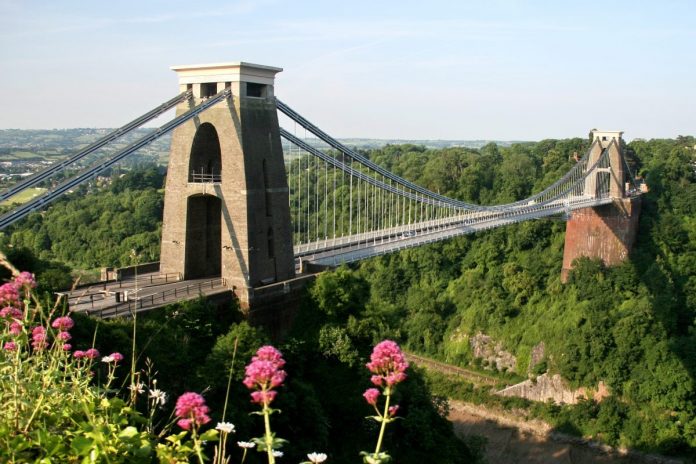The next phase of a major infrastructure project to build a heat network across Bristol has been given the go-ahead by the new Mayor of the City…
The project, which has also been granted the allocation of £5 million, is said to be the cornerstone of the city’s journey to become carbon neutral by 2050.
The heat network will supply low carbon heat to buildings across Bristol through a network of underground pipes connected to a number of energy centres including biomass boilers and gas combined heat and power (CHP) plants.
Despite the CHP plants initially running on gas, the capture of waste heat to hear water and buildings results in a more efficient use of the fuel and lower carbon emissions.
As the city moves to carbon neutrality over time, low carbon transition technologies like gas CHP will be replaced by renewable alternatives, further reducing carbon emissions.
This is said to be the first major low carbon energy project to be approved by the new Mayor, which will help Bristol to become carbon neutral and run on 100 per cent renewables by 2050.
Marvin Rees, Mayor of Bristol, said: “One of my campaign promises was to put Bristol on course to run entirely on renewable energy by 2050. Without a city-wide heat network this target will not be possible, particular in a city with a historic centre, where solar and wind technologies are not always an option for technical or financial reasons.”
In order to minimise disruption, plans for the new heat network that span the entire city will be taking a phased approach, with pipework for the heat network being laid in different areas of the city.
“This is a major infrastructure project that will connect parts of the city over a number of years and which will deliver substantial benefits to the environment, residents and business in Bristol,” said Rees.
“In the meantime, we are already delivering low carbon, stable and fairly priced heat to council tenants, many of whom are currently living in fuel poverty, which is a cause that’s close to my heart.”











